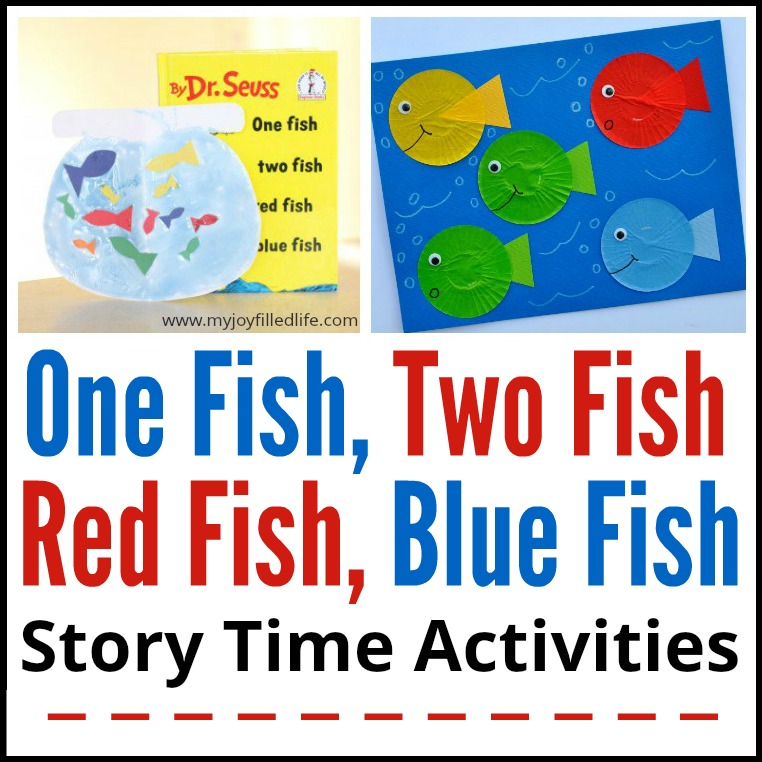


“But whether it eats more or eats less is very important.” “Whether a fish chooses the very large shoal or the somewhat smaller shoal makes difference from a survival perspective,” says Robert Gerlai, a biologist at the University of Toronto and one of the authors of the paper. The idea that fish can “count” isn’t new-fish have been shown to be able to discriminate between different sized groups (or “shoals”) of their own species, which is especially beneficial for smaller fish that rely on large groups for protection-but calorie count is more immediately important to a fish’s individual survival than choosing a slightly larger group of friends.

This isn’t “counting” in the “one, two, three” sense-fish likely have little use for The Count’s prescribed methods-but it shows that fish do know the difference between these quantities. The preference for larger quantities supports the idea that fish are able to process quantitative information in order to be more successful foragers in the wild. Moreover, the evidence shows that the way piscine brains “count” is similar to way our own brains process numerical quantities, suggesting deeper evolutionary origins for one of our most essential cognitive skills.īuilding on the findings of a 2015 study conducted with guppies, recently published research in Animal Behavior shows that freshwater angelfish presented with two small quantities of food reliably chose the larger stack of snacks. Increasingly, though, scientists have shown that fish-often considered near the bottom of the spined-species hierarchy-are able to discern between discrete quantities much like their more cognitively complex counterparts. But counting has long been considered the purview of smarter species with higher levels of perceived consciousness, the Clever Hans horses and celebrity lab chimps of the animal kingdom. In the wild, counting allows individuals to join larger social groups, determine the number of mates available, and choose more plentiful food. Little did we know, that purple puppet was teaching us an essential cognitive survival technique. Most of us don’t think about the importance of counting beyond our Sesame Street days.


 0 kommentar(er)
0 kommentar(er)
